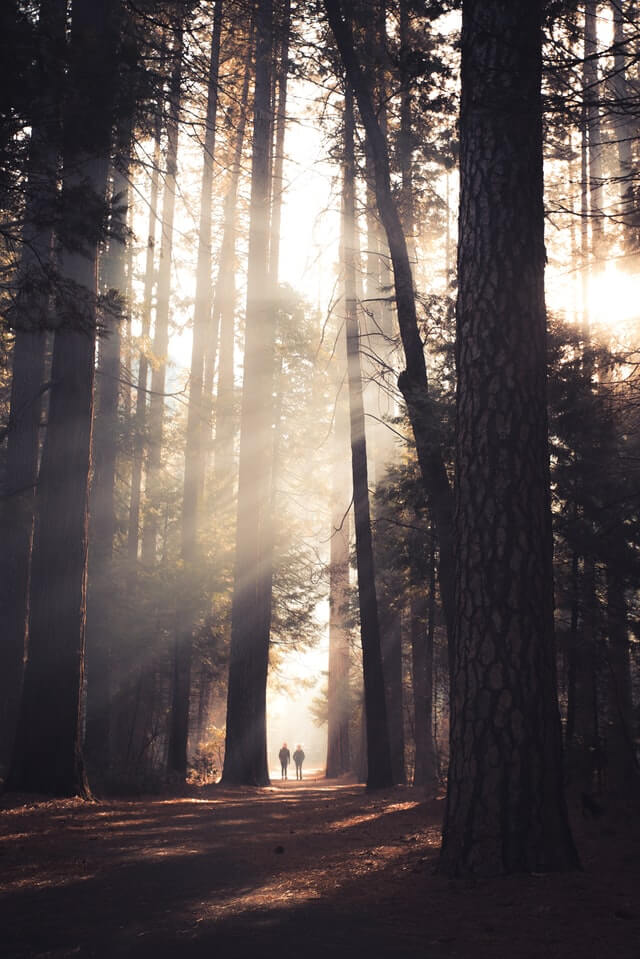
Sanctuary and Sabbath – youth work in 2020
It may feel like a cliché but it’s pretty clear that in the years to come historians will study this time we are living in now to see how different countries and communities responded to the various concerns that are currently making waves: Covid-19; the responses of people all over the world to the call to end racism following the death of George Floyd at the hands of police officers in the US; the climate crisis which has been revealed in stark terms as activity of all kinds ceased around the world as a result of the pandemic. All these things and more have created an opportunity to do things differently. I read this article from Infed and it brought to mind something I wrote a few years ago that I’ve replicated here:
The need for Sanctuary and Sabbath.
Historically, places of sanctuary were those where a person could find refuge, acceptance and care for any number of different reasons. They were cities of refuge, and then later, often Monasteries. Still today you can turn up a monastery (there were more of them then than now) and ask for shelter & sanctuary and they will give you what you need. They were used by those in trouble, those with difficult decisions to make, those for whom decisions were being taken that they didn’t want to be a part of. They were places of community, protection and wisdom. Once you had entered the church/monastery building, you were under God’s protection and no one could drag you out until the matter was settled.
In today’s context we want to see the concept of sanctuary being brought back where it has been lost; sanctuary as a temporary place/time where a person takes time out, seeking the wisdom and protection of others, in order to find a solution or way forward from their present position. Young people need the church to be these places and times or even people. Young people who are struggling to find where they fit, to make decisions about their future, to get space to think about the multiple problems they are carrying, to find love and care for them in their anxiety or depression, need rest, refreshing, care, wisdom and protection; they need sanctuary.
Let’s end the loneliness epidemic that is rife amongst many people in our communities both young and old, let’s be active in drawing people in who need sanctuary.
Sanctuary means: A temporary refuge; someone who will speak on your behalf; a physical space or person; to be encircled or cocooned; a place of safety; somewhere calm and peaceful; a shelter from the storm.
It is time to bring the concept of Sanctuary back into our communities, our churches, to our work with young people. In creating Sanctuary space, either in our buildings where possible, in outdoor spaces following the most recent government covid19 guidelines or in our daily/weekly routines, we create time to listen, time to love and support young people. We will discover injustices, we will hear about both low level struggles with mental health issues like loneliness, sadness, anger, or fluctuating self-worth as well as more complex mental health illnesses that are often triggered by trauma or neglect, the latter of which need more than most of us are qualified to deal with. This doesn’t mean we turn these people away, nor do we ask them to leave because they’ve caused too much disruption. Sanctuary, for all its connotations of calm, peace, holiness and solitude, is going to be messy, shouty, sweary and probably very painful but, Jesus was not above washing the dirtiest, messiest of disciples’ feet, why should we expect anything different?
In all this I am not advocating ‘burning out for Jesus’. We cannot operate well, cannot offer true sanctuary without rest, without professional and personal boundaries, without our own sanctuary and Sabbath practices. Operating from a place of rest is something I’m still very much learning how to do, but it is vital to our mental/emotional/spiritual health and well-being. It’s what drives my passion to offer mentoring and accountability to youth workers who want to learn how to say no and how to keep going for the long term.
We need to re-learn how to offer sanctuary, re-embrace the practice of Sabbath and discover how to fight injustice by loving and listening to our young people.
Photo by Casey Horner on Unsplash

